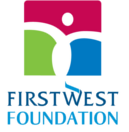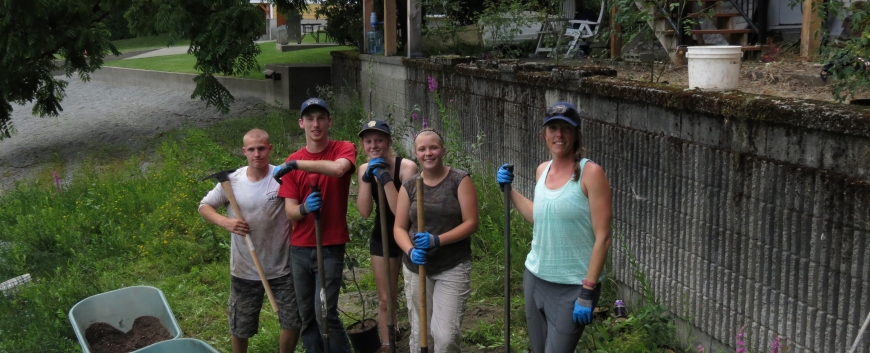Saving Natural Shorelines in the Cowichan Valley
Natural shoreline habitats are threatened by recreation, residential development and upland land use practices. Due to these cumulative threats, communities are beginning to lose these critical habitats. In order to combat these threats in Cowichan Valley, the Cowichan Lake and River Stewardship Society (CLRSS) is teaming up with the Mid Vancouver Island Habitat Enhancement Society (MVIHES) to work on the Cowichan Shoreline Steward Project. This project aims to educate those who live near the Cowichan River about the importance of rebuilding and maintaining a healthy waterfront.
“The Cowichan River is a Canadian and BC Heritage River and for decades has attracted people for its beauty and as one of the best places in the world to fish for wild trout and salmon,” says Leroy Van Wieren, President of CLRSS. “Unfortunately, as the fish habitat has been degraded, the numbers of trout and salmon have declined.”
In order to assist in funding the Cowichan Shoreline Steward Project, First West Foundation is pleased to provide CLRSS and MVIHES with an Island Savings Community Endowment grant of $4,000.
“Cowichan Lake and the Cowichan River are important to both the community and the environment,” says Seline Kutan, executive director of the First West Foundation. “We are pleased to help fund the Cowichan Shoreline Steward Project so future generations can continue to enjoy the local environment.”
The project looks to engage the community, including local students, in maintaining water quality and a healthy waterfront environment. As a direct result of the involvement of the Education Committee of CLRSS, Lake Cowichan School now has “lake studies” built into their curriculum. As part of the program, students volunteer to assist in waterfront restoration, water monitoring and water sampling as part of a broader environmental education.
“Each year students are hired for this Cowichan Shoreline Steward Project to give them hands- on environmental work experience,” says Van Wieren. “An Environmental Studies bursary is now in place for students continuing their post-secondary education.”
Additionally, four local students are hired each year to assist with the project. The funds obtained through the Island Saving Community Endowment grant will be used to help pay for summer student employment, their field gear and safety equipment, as well as some planting materials.
CLRSS and MVIHES believe it is particularly important to include students in the development of this project. Cowichan Lake and the Cowichan River support the region’s domestic and industrial water requirements and key fish habitats. By educating and engaging students through the Cowichan Shoreline Steward Project, the next generations will be able to maintain the region’s water quality by embracing environmental awareness and continuing their conservation efforts after graduation.
“Change can occur quickly when youth begin questioning parental behaviors,” says Van Wieren. “We hope this project will do for shoreline stewardship what the blue-box did for recycling.”
The three year pilot field program for the project has currently completed two years of activity, with the third year taking place from 2016-2017. Due to recent success and strong local support, an additional three year program should begin after the pilot program concludes. By 2020, the project is expected to restore more than 2km of lake and river shoreline or 15,000 square meters of riparian habitat to its natural state.
About Cowichan Lake and River Stewardship Society (CLRSS)CLRSS is a volunteer group of lake and river residents who are dedicated to the monitoring, protection and rehabilitation of Cowichan Lake and the Cowichan River. The group promotes public education and participation in partnership with local government in order to maintain a respectful and healthy environment within the Cowichan Valley Regional District.
About Mid Vancouver Island Habitat Enhancement Society (MVIHES)
MVIHES promotes the recovery of wild Pacific salmon through conservation and restoration of salmon habitat including watersheds, estuaries and shorelines. They look to connect people with their landscape through partnerships focusing on field study, education and restoration.






